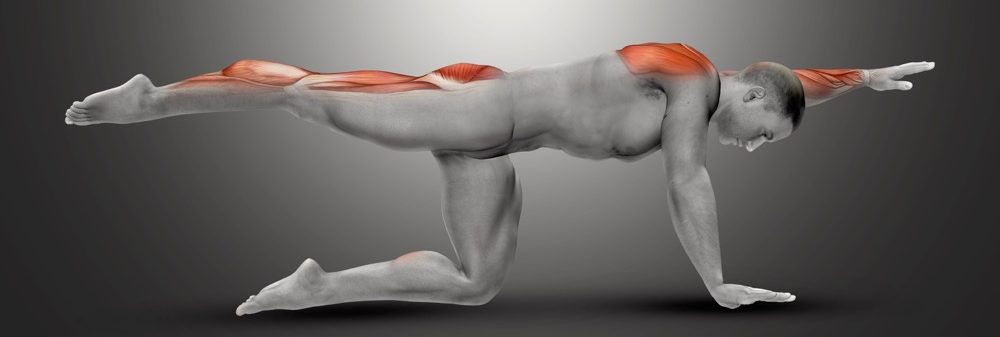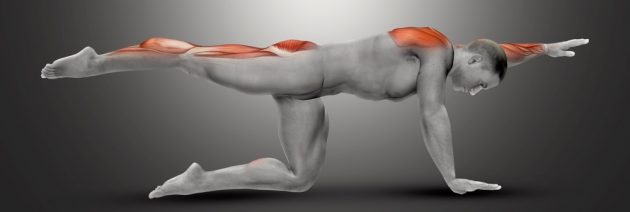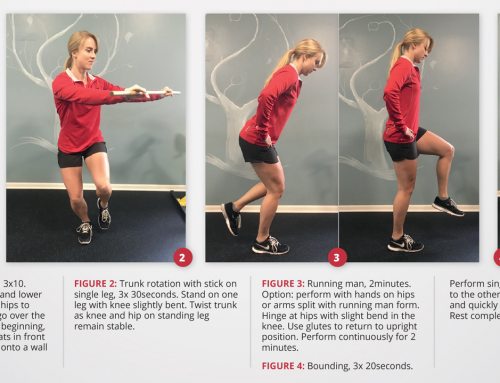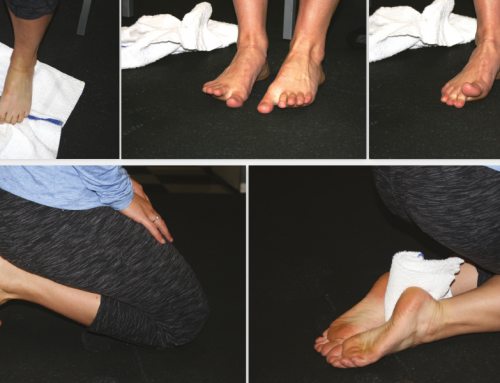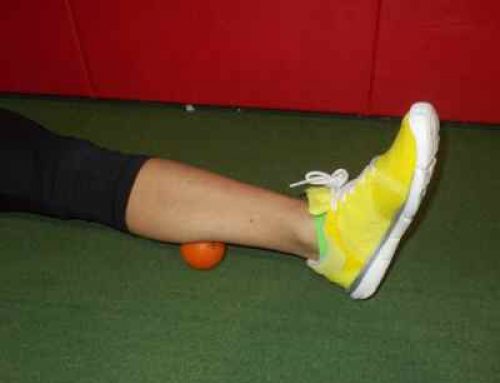By Rob Schneider
Did you know that after the age of 30 we lose .5-1% of our muscle mass? How about a decrease in our nerve conduction by 1 m/s every 10 years? How about a decline in the levels of testosterone by about 1% a year after age 30?
What does this mean to you directly? Your strength and power will decrease with age, leading to decreased balance, worsening movement ability, difficulty getting into and out of low positions, decreased endurance, and more. Taking care of your musculoskeletal health can have a significant impact on your life expectancy through stress relief, decreased inflammation, decreased risk of arterial disease, and decreased risk of colon rectal cancer.
The ability to do sustained exercise for 2½ hours a week is enough to have a significant impact on your overall physical and mental health. The level of intensity of the exercise does not need to be high but the more you’re able to do the more you can get out of it. The important word here is “able”. Being prepared for what you do is extremely important.
We have all heard the tale of the Weekend Warrior; the guy that goes all out when he gets a chance, on the weekend, after being stagnant all week. This usually ends with injury and burnout. These might be creeping into our late 30’s, have a young family, and just trying to find time for yourself. You might even think you are still in pretty good shape. If you are interested in doing the best for your family, you try to stay healthy by going to your yearly physical, getting your eyes checked, and even your getting your financial health taken care of. But, are you prepared to do the exercises and activities you want to do? The physical with your doctor may clear you from a cardiovascular standpoint by checking your weight, blood pressure, and body mass index (BMI). But, that doesn’t reveal the type of exercise that you are physically prepared to do, nor tell you what you can do to prepare yourself for what you want to do.
A yearly musculoskeletal screening with a Physical Therapist can identify potential areas of concern and lead a PT to create a plan to help you achieve your goals. So, what is involved in this screening? A Functional Movement Screen includes a systematic way to evaluate joint mobility, movement control, balance, and strength. The information that is gleaned from these screenings will allow a qualified professional to guide you in the type of exercises and activities you are safe to do and create a program that is corrective in nature and will prepare you to do the activities you want to do.
Being aware of your present muscle and joint health should be an important part of your yearly health assessment. It has the ability to keep you on track and prevent you from doing more than you are prepared to do; helping you stay active and adding to the quality of your life and the longevity.
They say that boredom and failure can lead a person to stop trying to achieve their goals, but boredom and failure only arise when we forget the “why” of what we are doing.
Remember why we are trying to live a healthier life and include the musculoskeletal screening in your yearly routine so that you can continue to achieve your health goals.
# # #
Rob is a sports certified specialist in Physical Therapy. He is the Regional Director for ATI and Former co-owner of Balanced Physical Therapy in Carrboro. He has been living his dream of being a resource for an active community.


